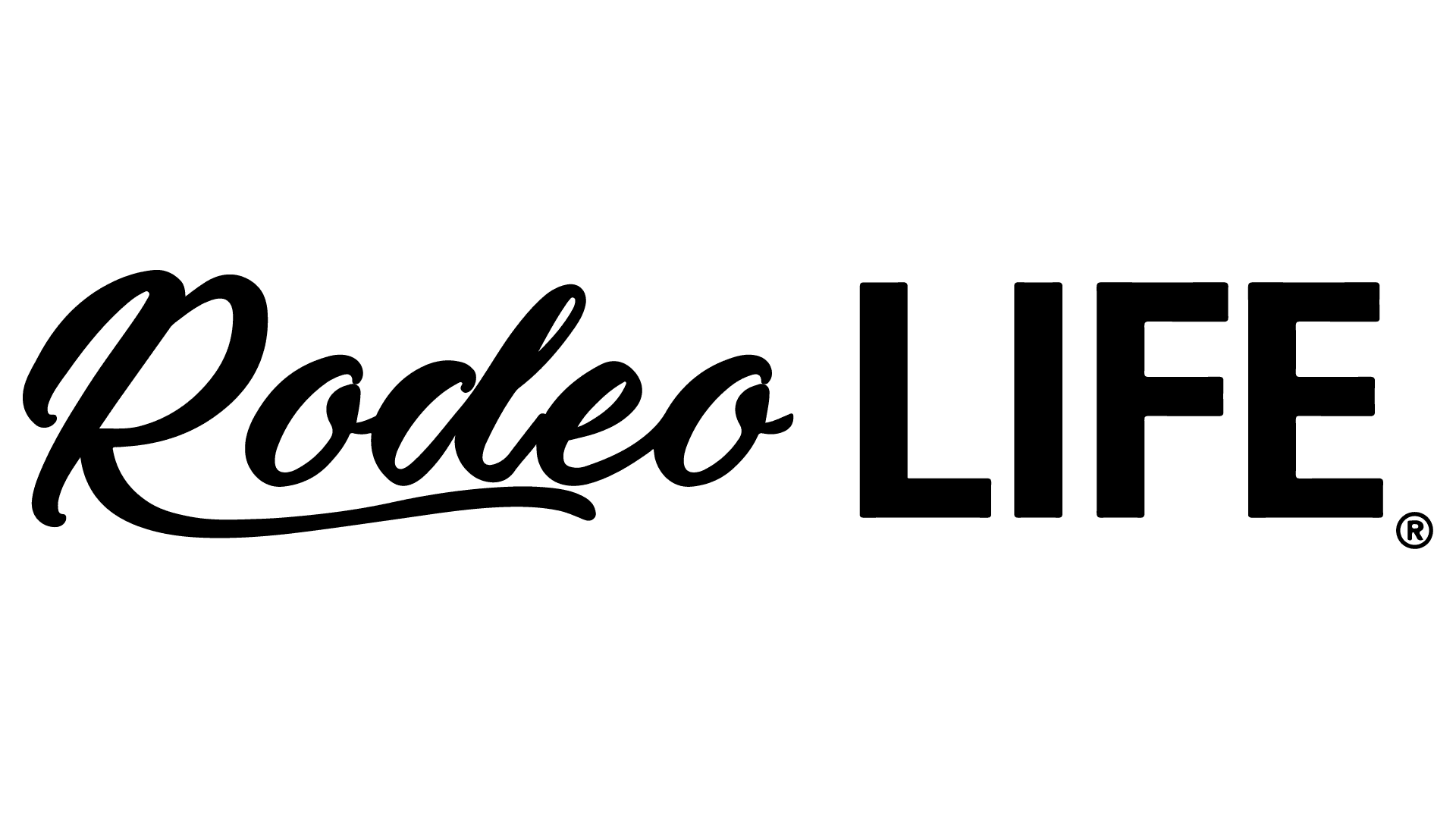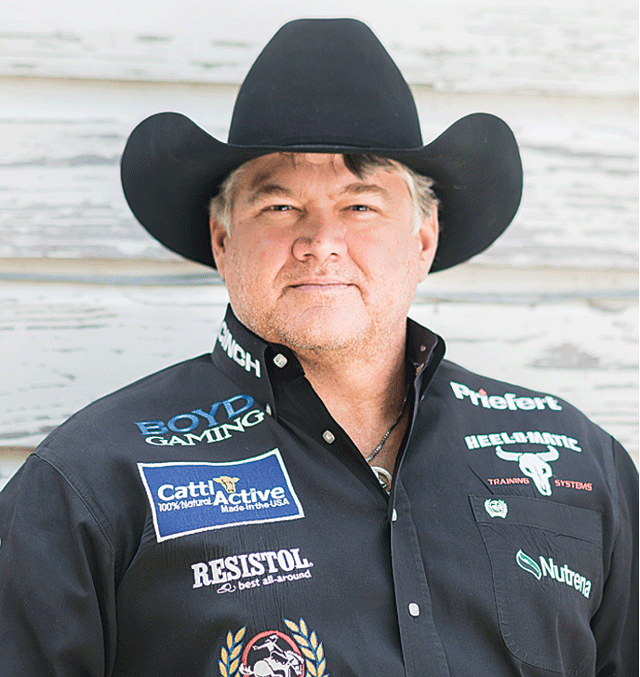“One, you have to really love it. Two, you have to sacrifice things for it. Three, you get out of it what you put into it, and four, always dream big, because you never know what’s going to happen.”
Many a student of Joe Beaver has heard this advice, which rings as true today as it did when the 8-time WNFR World Champion was just starting out. He built an exceptional reputation in the industry over 25-plus years of pro rodeoing, a reputation fueled by hard work and relentless passion, which Joe now strives to kindle in the next generation of rodeo athletes. He teaches numerous schools across the country—there are only five or six states in the U.S. he’s yet to visit—while Joe has taught as far away as Australia, New Zealand, Brazil, and the Dominican Republic. And if ropers can’t come to him, he’ll go to them. “I like to see raw talent and mold it,” he says. “The fun of it is seeing that develop and seeing what someone has been hoping for and wishing for come true. I’ll take the weekend warrior or the businessman who’s decided to rope again after 20 years and help him get back into the game and watch him succeed. That’s the fun of it.”
Joe also purchases horses from all over the country, finding the right horses to fit his students. Many of the horses are in their mid to late teens, and Joe depends on Nutrena feed to help them reach their highest potential. “I’ve been feeding Nutrena for about ten years, and it’s been a relationship with the product that brought on the relationship with the company. They are a top-of-the-line company that puts forth their best efforts, and they put forth the best products so the animals can work the best they can. I might buy some horses that look terrible, but I know if I put them on a senior feed, I’ll get them built back up and strong, but still keep the same minds on them as when we started,” Joe explains. “I also have roping cattle that make a lot of runs up and down the arena, and they get everything they need out of the bag. If you don’t keep horses and cattle fat and feeling good and ready to perform, then you won’t get the most out of your performance.” With nearly 200 kids entering each of his ropings, and teaching 60-80 days of private lessons altogether each year, Joe is equally confident about recommending Nutrena feed to his students. “When I put it out there, I mean it. There’s pride in the knowledge that when you’re giving away a bag of Nutrena, you’re giving the best you can offer.”
Several of Joe’s roping students stay at his home in Huntsville, Texas, and Joe travels with them to their larger events, from the Texas Junior High Rodeo State Finals, to the NHSFR and CNFR. He also encourages them to pursue rodeo scholarships for further education or learning a trade, reminding them that rodeo takes care of its own, but it requires blood, guts, and tears. “They’re good kids and they work hard at it. I keep them pretty busy. I sell a lot of horses, so between all that riding and roping and working on them, they stay pretty busy. I keep feelers out for good horses all the time. We don’t train young horses around here because you never know what you’re going to get. I like to get good horses and get them back to where they used to be, or make them better.”
While Joe says his work ethic carried him longer than his body did, he continues to compete, rodeoing on the PRCA’s Southeastern Circuit when he’s in Florida for the winter, as well as the All American ProRodeos. He qualified for both finals in the team roping last fall but had to sit out after back surgery. A horse fell on him at the end of February and broke his leg, which set him back several months, but Joe was back to roping by the end of April. “I’ll just have to see if I get the circuit finals made this summer, and if I do, then I do. You never lose the desire to win. One of the first times I hurt my knee, I was griping about it, and my dad told me, ‘I can fix this so it never hurts again. You back off; give 40 instead of 110 percent. No one will know who you are, and you won’t have any money.’” Joe lived on that perspective from then on and loves the way he’s involved in rodeo these days, particularly watching the sport progress. “They’re roping smaller calves and doing different things with their slack, roping smaller steers and reaching farther. To see the guys do it keeps you fresh. I’m so glad to see the money come up to where it should be. When I reached the 2 million dollar mark, it was at the end of my career. Now people win more money than that in a few years, and that’s a good sign for rodeo. I love to see people at my clinics win, and my goal is to keep doing what I’m doing and watch them get better and better.”
Joe Beaver
35
previous post









